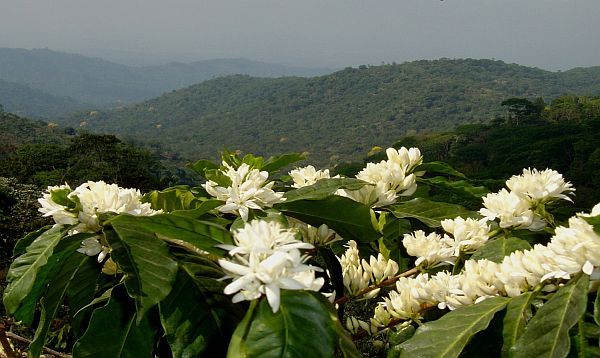Puerto Vallarta, Mexico - In Mexico, coffee trees are planted on 688,000 hectares (1,700,085 acres) in 12 states, mainly in southern part of the country. The main coffee-producing states are Chiapas, Oaxaca, Puebla, Veracruz and Guerrero.
Mexico is currently financing a program to gradually replace aging coffee trees, although the average yields of coffee in the 2010-11 season did show a slight increase from previous years. Officials hope this is the start of a trend of higher yields as the older trees are gradually replaced. The program to replace coffee trees is being supported by Nestlé, the Swiss food corporation.
Between 2002 and 2010, more than 4,000 growers in several states benefited from Nestlé’s distribution of more than 3.9 million coffee plants as part of a nationwide plan to replace aging coffee trees. Nestlé has since announced that it plans to establish its first coffee-propagation center in Mexico, in the southern state of Chiapas. This program will be in a joint venture with Agromod, a Mexican crop technology company, and the National Forestry, Farming and Fishing Institute (Instituto Nacional de Investigaciones Forestales, Agrícolas y Pecuarias, INIFAP.)
The project will supply 30 million coffee plants by 2020, which means that Nestlé will no longer need to import coffee plants to Mexico from its facility in Tours, France. As many as 20,000 coffee-growers will benefit from the project. Most of the new plants will be of the arabica varieties (for premium beans); the remainder will be of the robusta varieties (used in instant coffee blends.)


